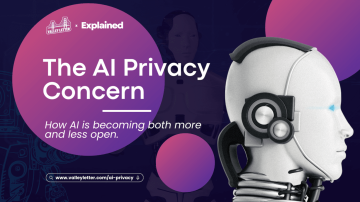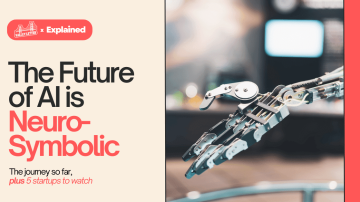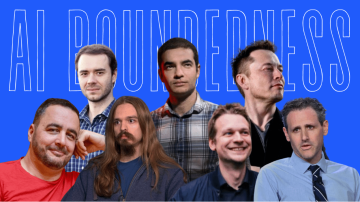The takeaway for techno-optimists.

Malcolm Gladwell is one of my favorite authors and essayists.
But the one article I haven’t been able to make peace with is the one in Car & Driver, lamenting the development of self-driving cars. He’s a huge skeptic on an area I’m very optimistic about.
Revisiting it ≈7 years later, I finally know how I feel about it.
Here’s Gladwell’s theory, and what a techno-optimist can take away from it.
The Chauffeur Problem
Gladwell, with historian Kevin Borg, describes the problem early drivers were having with their cars. It wasn’t the cars themselves – it was the chauffeurs.
Because owners found the mechanics of cars frustrating, they hired chauffeurs. But those chauffeurs took huge liberties, until “the automotive trade press overflowed with letters, articles, and editorials” protesting chauffeurs’ “arrogance and insubordination.”
Tough Transitions
In a “period of technological transition,” difficulties arise from the applications of technology, rather than the new tech itself. We have to develop new rules and social expectations.
It’s like how phone companies first discouraged using the phone for socializing, because they wanted it to be taken seriously. “They had the talking-by-wire part figured out. But it took until the 1920s for them to figure out what talking by wire was for.”
Basically, there’s always “a lot of confusion in the earliest stage of any technological disruption.” And according to Gladwell, we are now in the confusion stage of self-driving cars.

Gladwell’s Fear
Why are we in the confusion phase?
Gladwell says it’s because we aren’t thinking honestly about self-driving cars. “Words like ‘autonomous’ and ‘self-driving’ mislead because they promise a kind of self-sufficiency on the part of the machine.”
But self-driving cars are dependent on “a system of sensors and algorithms.” Gladwell says this warrants “a larger conversation about what the rules and expectations of that dependency should look like.”

The Techno-Optimist Takeaway
It’s not that Gladwell’s fears are completely unfounded. Networks can be unsafe, and algorithms can fail. And it’s true that the agenda of big tech companies “is not always the agenda of users.”
But Gladwell also claims that the move towards self-driving cars is rooted in a new “passivity”, caused by tech like smartphones. Drivers have, allegedly, returned to the mindset of finding the mechanics of cars frustrating.
But a technological disruption doesn’t mean we suddenly hate the old tech, or that we’re becoming lazier. It’s a sign of forward-thinking wisdom, optimism, and excitement about shaping the future.
Innovation is choosing to be hopeful.












Thinking of trying my luck with f8betlgoptimusl9. Anyone have any tips or recommendations? Don’t want to get scammed!
Fun88 access? Always a pain finding the right link. This linkvaofun88 site seems legit. Fingers crossed it works! Let’s see what’s up: linkvaofun88
Tried out the betaappcasino recently. It is new but I like it. I like something fresh. Seems promising overall. I would recommend checking it so you get to try first. Give it a spin: betaappcasino